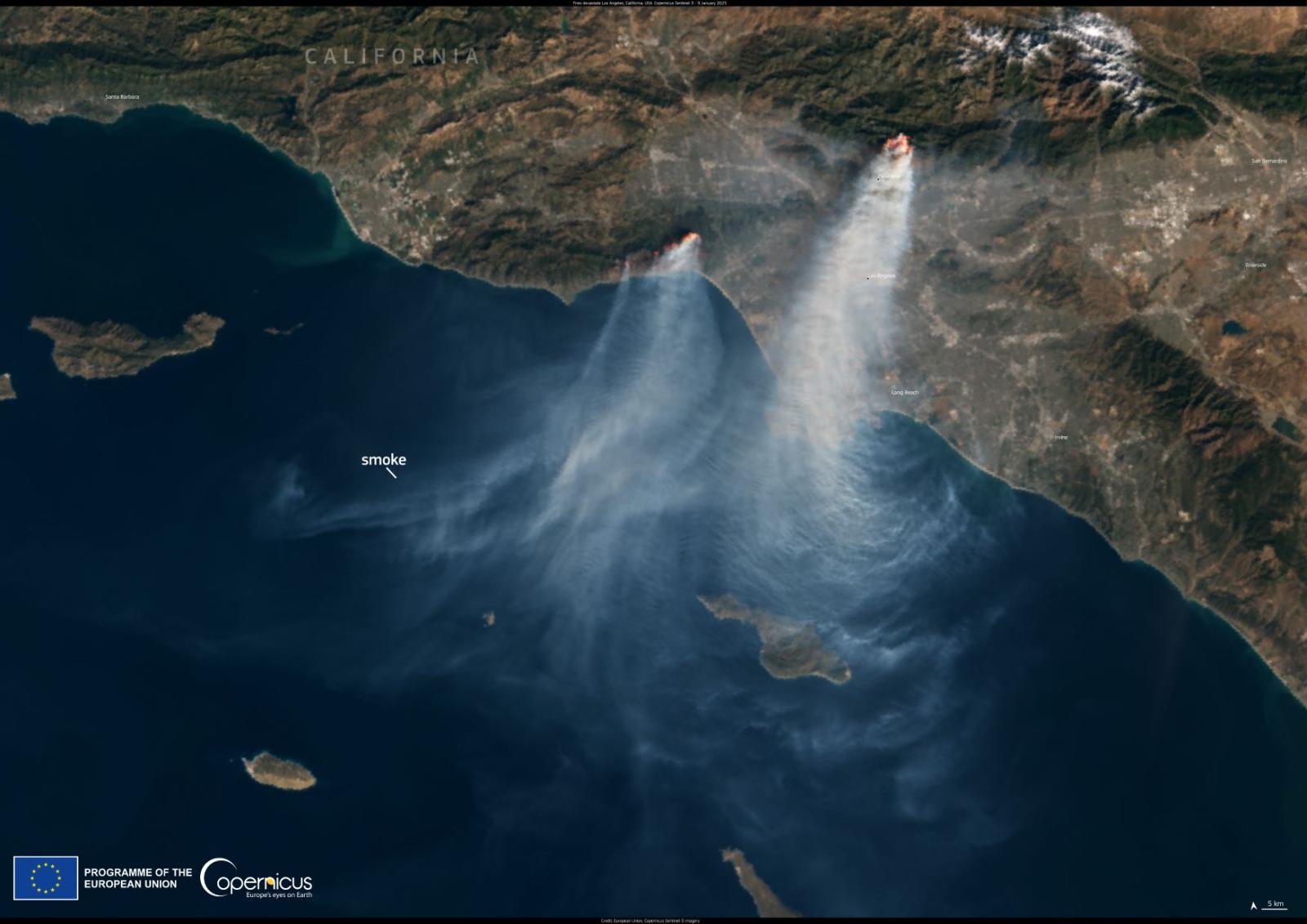With the winter at the door, influenza epidemics are a problem to deal with. Every year they cause significant morbidity and mortality throughout Europe, especially in high-risk groups such as older people, individuals with chronic diseases, pregnant women and small children. In most of EU/EEA countries, uptake of seasonal influenza vaccination for these more endangered groups fall below the coverage threshold that the European Council of Ministers set at 75%.
The European Centre for Disease Prevention and Control (ECDC) has conducted a systematic review to identify those elements that are responsible for such situation and the results of this study have just been released.
In elderly people, personalized postcards or phone calls seems to be effective, whilst misperceptions about the vaccine might be a barrier to receiving vaccination, thus highlighting the importance of an effective communication, necessary to debunk falsities and misrepresentations of vaccines. Other barriers to vaccination include social disadvantage, smoking, and lack of social support.
As for healthcare workers, education or promotion proved to be an effective approach in non-hospital settings but never raised vaccination rates above 90% within hospitals, in spite of being the most common interventions. Two observational studies from the USA also suggest that mandatory vaccine policies are more successful in improving rates of vaccination above 95%.
No good quality evidence on interventions was found for pregnant women, as well as for children.
At a general level, electronic reminders might help improving flu vaccination rates in adults if they can access the internet and use it regularly. Also, countries with high per capita income have significantly higher rates of coverage in adults and having to pay for vaccines is also a barrier, especially in the poorer countries.



